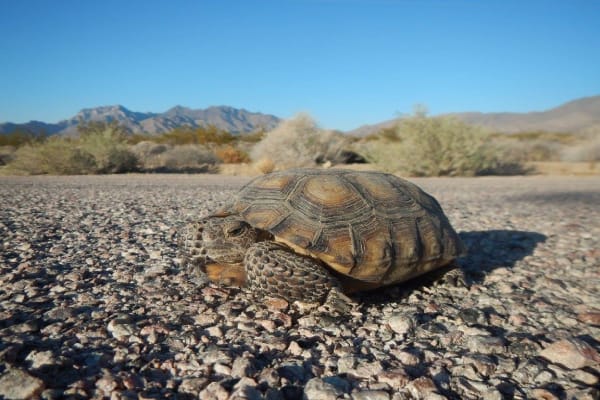
Credit: Kimberly Rivera
Our Responsibility
As leaders in wildlife science, management and conservation, The Wildlife Society has a responsibility to address national and international issues that affect the current and future status of wildlife in North America and throughout the world. The diligent development of authoritative statements on wildlife issues is essential for interjecting wildlife concerns into decision-making processes.
The statements linked below have been formally adopted by The Wildlife Society Council, following member review and comment periods.
Position Statements
These are broad and topical statements on a wildlife issue that defines the issue, contains factual background data, describes the most probable biological, social, and economics results of alternative actions, and may also contain a recommended course(s) of action.
-
Position Statement
Animal Rights Philosophy and Wildlife Conservation -
Position Statement
Conservation Education -
Position Statement
Conservation Law Enforcement -
Position Statement
Conservation of Biological Diversity -
Position Statement
Economic Growth -
Position Statement
Energy Development and Wildlife -
Position Statement
Environmental Quality through Resource Management -
Position Statement
Climate Change, Sustainability, and Wildlife -
Position Statement
The Role of Firearms in Wildlife Conservation and Management in North America -
Position Statement
Hunting -
Position Statement
Incorporating Wildlife Needs in Land Management Plans -
Position Statement
Invasive Species -
Position Statement
Lead in Hunting Ammunition and Fishing Tackle -
Position Statement
Rangeland Livestock Grazing -
Position Statement
North American Model of Wildlife Conservation -
Position Statement
Responsible Human Use of Wildlife -
Position Statement
Toxic Chemical Compounds -
Position Statement
Trapping Furbearers -
Position Statement
Urban Wildlife -
Position Statement
Use of Science in Policy and Management Decisions -
Position Statement
Wildlife Damage Management -
Position Statement
Wildlife Disease -
Position Statement
Wildlife Fertility Control -
Position Statement
Workforce Diversity in the Wildlife Profession -
Position Statement
Human Populations
Issue Statements
Issue statements are specific applications of broader policies identified in a position statement. These statements outline The Wildlife Society’s policies targeted at a specific issue or action.
-
Issue Statement
Domestic Sheep and Goats Disease Transmission Risk to Wild Sheep (TWS/AAWV Joint Issue Statement) -
Issue Statement
Feral and Free-Ranging Domestic Cats -
Issue Statement
Feral Horses and Burros in North America -
Issue Statement
Feral Swine in North America -
Issue Statement
Impacts of Wind Energy Development on Wildlife and Wildlife Habitat -
Issue Statement
Oil and Gas Development in the Rocky Mountain West -
Issue Statement
Wildlife Killing Contests -
Issue Statement
Delisting of Grizzly Bears in the Greater Yellowstone Area -
Issue Statement
Wolf Restoration and Management in the Contiguous United States -
Issue Statement
Scientific Peer Review of Agency Decision Processes -
Issue Statement
Conservation and Management of Old-Growth Forest on the Pacific Coast of North America -
Issue Statement
Baiting and Supplemental Feeding of Wildlife Species -
Issue Statement
The Antarctic -
Issue Statement
Confinement of Wild Native and Exotic Ungulates Within High Fences -
Issue Statement
The U.S. Endangered Species Act -
Issue Statement
Conservation Policy For At-Risk Species in Canada
CONTACT US
For questions and comments regarding TWS’ policy engagement documents, please contact Keith Norris, AWB® Director, Wildlife Policy and Communication, at keith.norris@wildlife.org or (301) 897-9770 ext 309.


